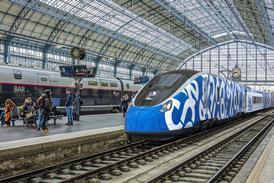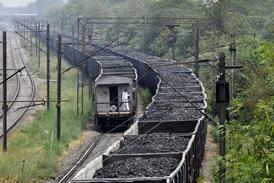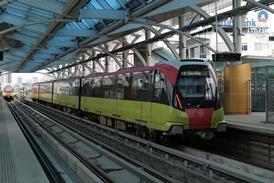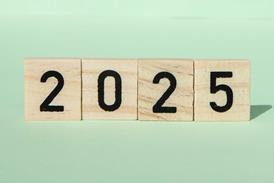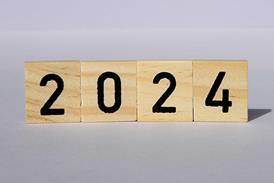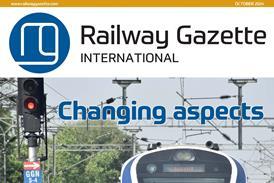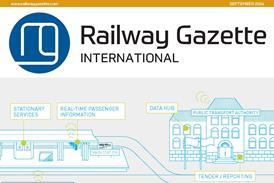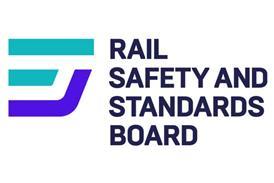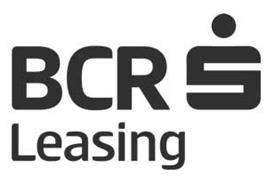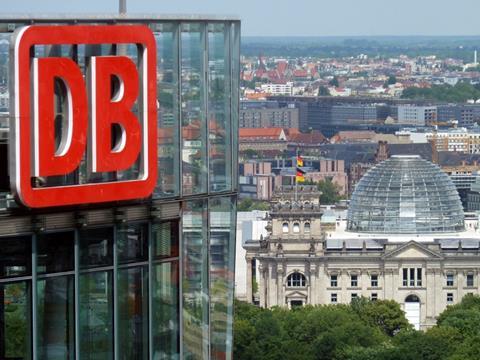
GERMANY: Passengers travelling with Deutsche Bahn can expect to see better punctuality and performance later this year thanks to a package of ‘step-by-step’ improvements announced on January 17.
Presented to Transport Minister Andreas Scheuer and other government representatives by CEO Dr Richard Lutz on January 17, and board members Ronald Pofalla (Infrastructure), Berthold Huber (Passenger) and Alexander Doll (Finance, Freight & Logistics), the plan sets out a series of short term measures to address declining performance and respond to the concerns raised last year by the ministry’s Commissioner for rail Enak Ferlemann.
The first point seeks to improve the punctuality of long-distance services 2019 by 1·6 percentage points to 76·5%, with a specific focus on rolling stock availability. More staff will be employed at the ICE depots in Hamburg and Köln, and workshop capacity in Krefeld enhanced to ensure that at least 225 ICE trainsets are available each day, a 5% improvement. Better management of engineering works at more than 800 locations is seen as ‘crucial’, while a new team will be established to co-ordinate the operation of up to one-third more trains through areas where work is underway.
Secondly, DB says investment in 2019 will increase to €10·7bn, including government contributions, €1·3bn more than 2018. Of this, €1·1bn will go on digital initiatives. DB also plans to recruit up to 22 000 new staff, including more train drivers, dispatchers and maintenance staff. The number of platform staff to ensure punctual departures from stations will be doubled.
The third point is a commitment to provide more reliable information, both at stations and on trains, with the roll-out of digital information services, including more passenger wi-fi facilities. Refurbished station lounges and new dining car menus will also improve the quality of service on long-distance routes.
Fleet expansion is expected to increase the long-distance capacity by around 4% to almost 80 billion seat-km, with more ICE4 trainsets coming into service. This will enable DB to operate more services on its busiest routes. Refurbishment of suburban trains in München and Hamburg is also emphasised, while new vehicles are being procured for regional services.
In the freight sector, DB has committed to making its rail operations ‘even greener’, with the share of renewable energy used in the traction power mix increasing by three percentage points to 60%.

